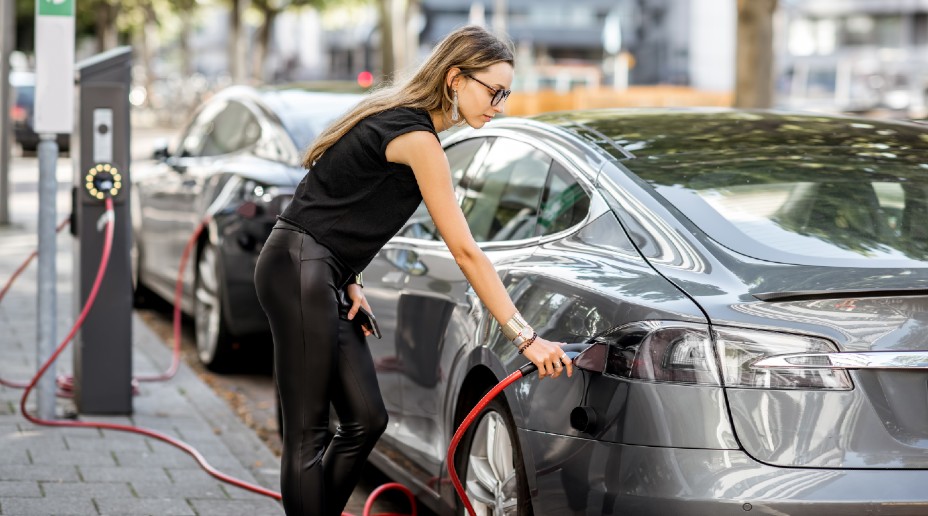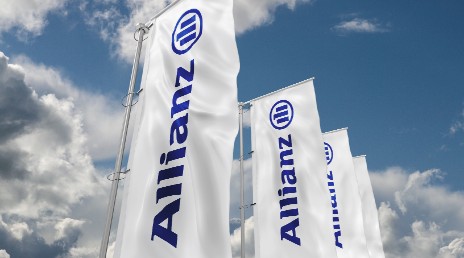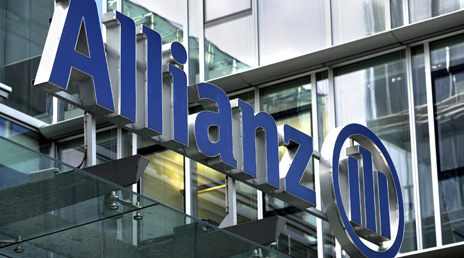Originally the ban was to be introduced in 2040 to reduce greenhouse emissions; however this date was then brought forward to 2035 earlier this year before the Prime Minister announced an even nearer date of 2030 as part of the 10 point green plan. Moving this date forward another five years will help jumpstart the market for electric cars and push Britain towards its climate goal.
What about existing Interal Combustion Engine (ICE) and hybrid cars?
The PM has confirmed that some hybrids would still be allowed. This means that hybrid cars could still be on sale until 2035. Similarly, owners of existing full internal combustion engine (ICE) cars will not be forced off the road when 2030 comes around; rather the ban is only on the sale of new ICE vehicles.






























